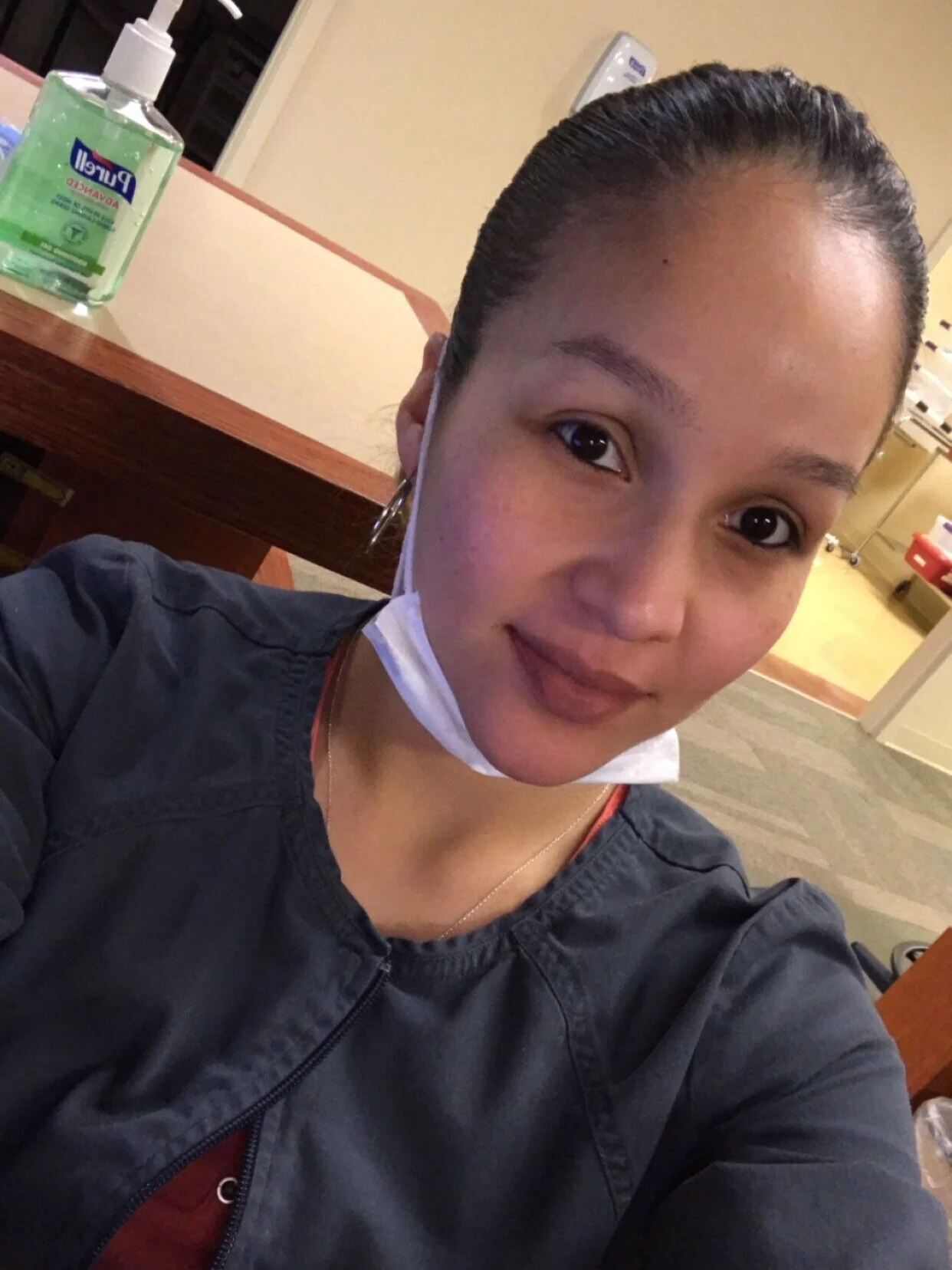By Father Larry Dowling, Oak Park, Chicago
Recently, Pope Francis failed to please people on either side of the political spectrum by leaving open the question of who the American people should vote for in the next election. He was clear that neither political party clearly expresses the fullness of Catholic moral teaching regarding the sanctity and dignity of human life at every age and stage of life, and the life of the planet that sustains human life. Essentially, we are to discern who is ‘the lesser of two evils.’
This is a better approach than the majority of U.S. Bishops who are fixated solely on abortion as the ultimate evil when every day we see evil manifested in many ways that ‘abort’ the right to life of billions of people in our world. Why is it that the U.S. Bishops focus on overwhelming criticism of the Catholicity of the current President and, by extension, to Vice President Harris? Yet they fail to challenge the Christianity of former President Trump who violates every sense of what it means to be a follower of Christ. The Bishops continue to tear to shreds the Seamless Garment approach that our Catholic Social Justice principles mandate, calling us to see every life issue related to human nature and Mother Nature as intricately woven together in the cloak of God’s love and grace that covers us all.
The Democratic platform is clear on its support for choice regarding abortion. Ideally, we would live in a society where societal conditions promote life across the board on this issue: the life of women and men in making life-giving, and not selfish, decisions in regard to sexual activity; the life of a woman who does not have the physical, emotional and spiritual care available to help them discern what is life-giving for the child they carry, life-giving for themselves and, the potential of their unborn child to be life-giving to the world.
While Democratic states overall promote the maximum availability of quality pre-natal and post-birth care for women, Republican states that have passed laws outlawing or severely limiting abortion have the worst record of providing comprehensive pre-natal and post-birth care.
I love newborn babies, I find them powerful in their ability to awe and disarm any of us with their innocence, vulnerability, smiles and tears. I am equally emotionally disarmed, in shock and awe, by the millions of infants/children in our world who are suffering and dying in Gaza, Lebanon, Sudan, Ukraine and in so many other places devastated by war, poverty, and the devastating effects of global warming.
No question the vulnerable unborn must be a priority. But what prevents us from placing a similar priority on those vulnerable to the forces of abusive power, greed and environmental degradation?
Our political parties have divided us over this issue. Both in some way, promote a culture of abortion: abort the unborn; abort the hopes and dreams of those continuing to suffer from systemic racism; abort family members who disagree politically with us; abort family members who are LGBTQ+; abort the truth in order to achieve political power; abort (deport, demonize) undocumented immigrants who are adding significantly to the economy; abort our real concern for the child and youth victims of mass shootings, considering them acceptable 'collateral damage' for the right to own any type of gun; abort our civil discourse by purposely cultivating division; abort our moral compasses in totally ignoring the moral character of our leaders; abort our faith that teaches that all equally reflect one of the infinite manifestations of the image and likeness of God; consciously, often unconsciously, aborting whole races, ethnicities, people of different faith traditions and sexual orientations that buys into our worst impulses to demonize other human beings, manipulated by certain politicians and religious leaders whose agenda is less than Christian, Muslim or Jewish; abort Black, Latino and poor White men to keep the police-to-court-to prison complex monetarily thriving.
The real choice for us is to discern the candidate who supports life-giving policies across every age and every stage of life and rejects abortive tactics to promote division in our society for their own and their benefactors’ self-interests.
Whatever the results of the November election, we cannot abort our ongoing responsibility to hold those elected to life-giving policies that protect, to the best of our ability, the dignity and sanctity of all life, both human life and the life of the planet, our home that has loved us and offered us all we, and future generations, need to live healthy, fulfilling and life-giving lives.

















